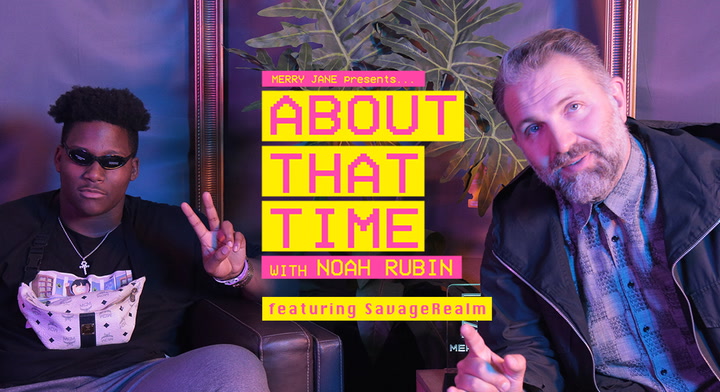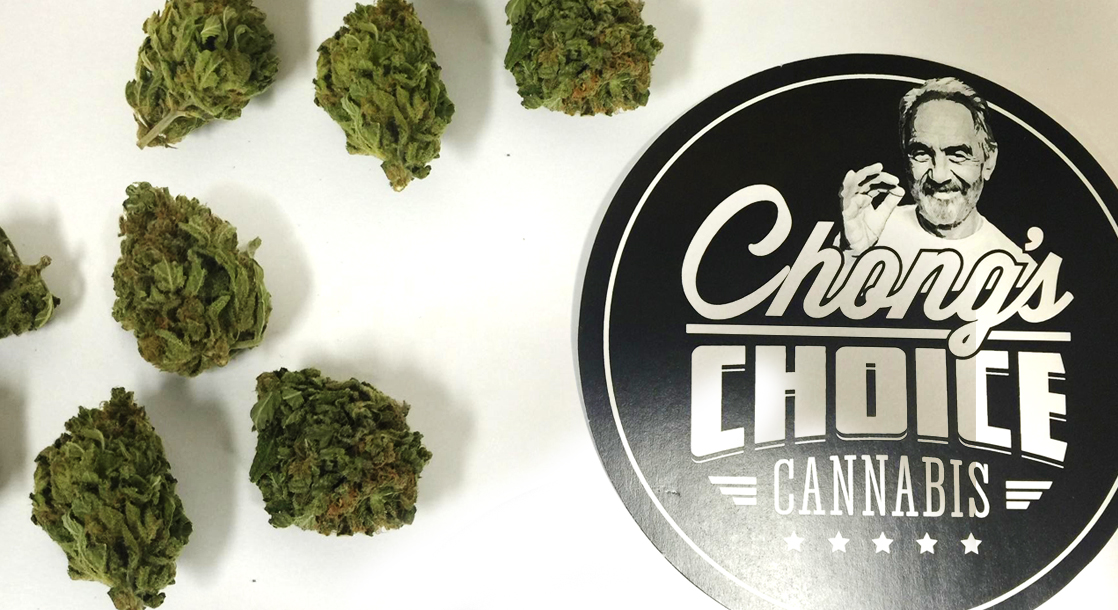Some Harvard students are confident that campus life will improve now that Massachusetts has made marijuana fully legal.
According to a report from The Crimson, many of the University’s undergraduates believe the legalization of marijuana across the state, made possible through the recent passing of the voter initiative Question 4, will only have a positive influence.
Although the state’s newfound marijuana law does not change Harvard’s current anti-drug policy, which bans the possession and distribution of anything derived from the cannabis plant, many students believe that legalization will lend itself to more “weed-friendly” gatherings and reduce the number of events fueled by booze.
“I think that’s a safer environment than alcohol,” Aaron L. Fogelson, Class of 2019, told the University’s daily publication. “Weed is a nicer way to spend a Thursday night, no violence, get to bed by 11:30, if you know what I mean.”
Some of the latest reports to come out of the University suggest that alcohol is the key contributor in a variety of campus incidents, including an increasing problem with sexual assaults. This issue has been such a growing concern among Harvard administrators that they have actually even considered imposing a campus-wide ban on alcoholic beverages.
Prior to the November election, the Harvard Crimson's annual survey found that the majority of incoming freshman were in favor of legalizing weed in a manner similar to beer.
Fifty-one percent said they believed marijuana should be made legal, while only 17 percent argued that states should continue to enforce a prohibition model.
Unfortunately, it is not likely that Harvard will change its position on marijuana anytime in the near future. Since the federal government still considers the herb one of the most dangerous substances in the world, most universities operating in legal states have continued to prohibit the possession and use of marijuana, even when it is for medicinal use.
Even Harvard University Health Services Director Paul J. Barreira told The Crimson that the passing of Question 4 would not bring about any potential changes in the University’s drug policy. Doing so could put Harvard at risk of losing the funding it receives from the federal government.
Although marijuana is now fully legal in Massachusetts, it will be a while before the state’s recreational cannabis market is up and running – giving consumers the freedom to purchase weed from retail outlets. Those stores are not expected to be up and running until at least 2018.











